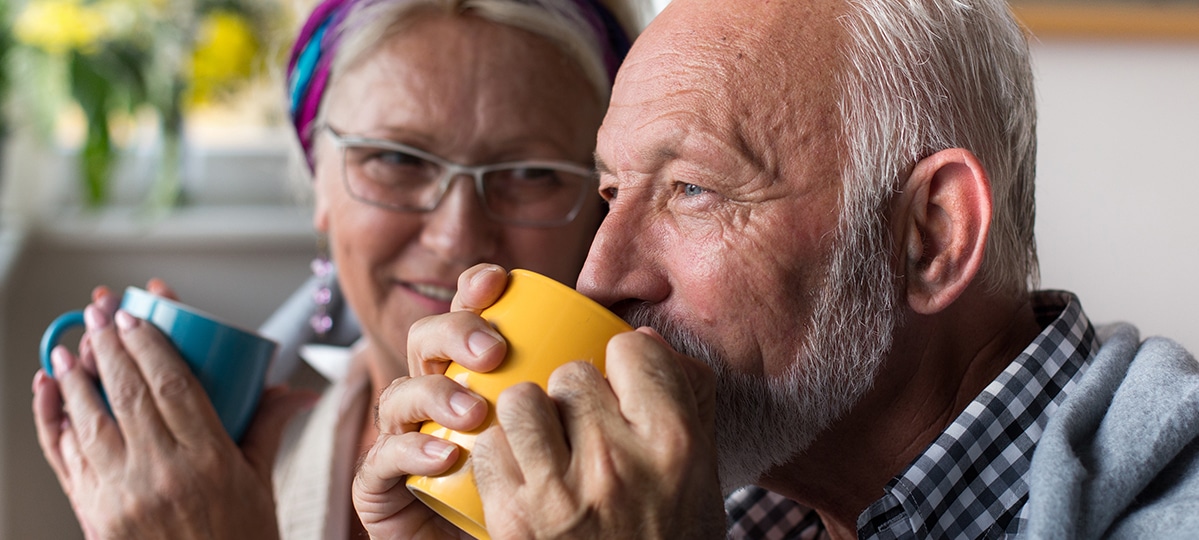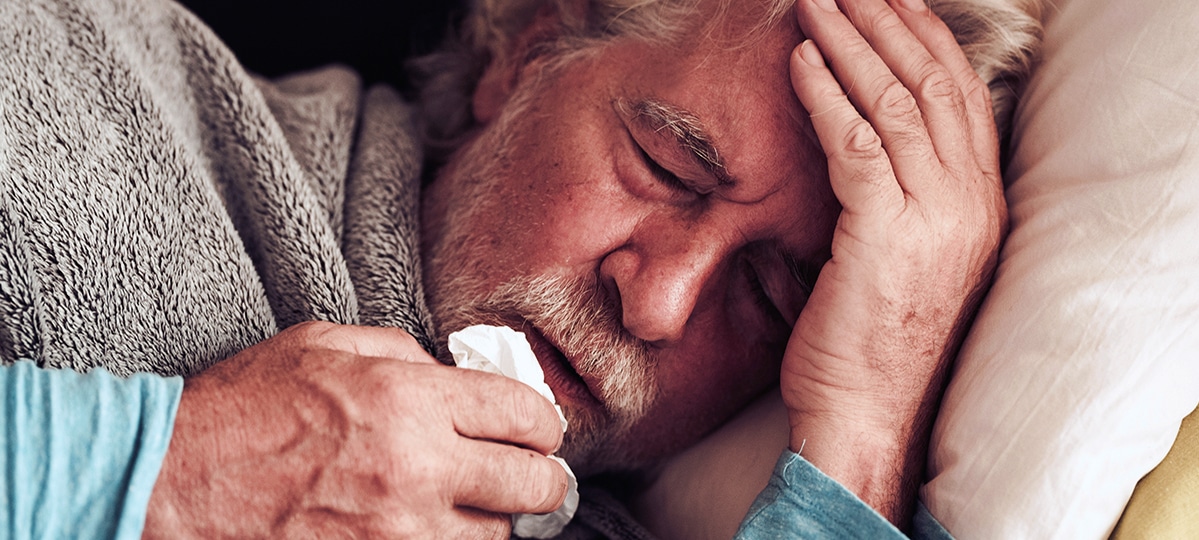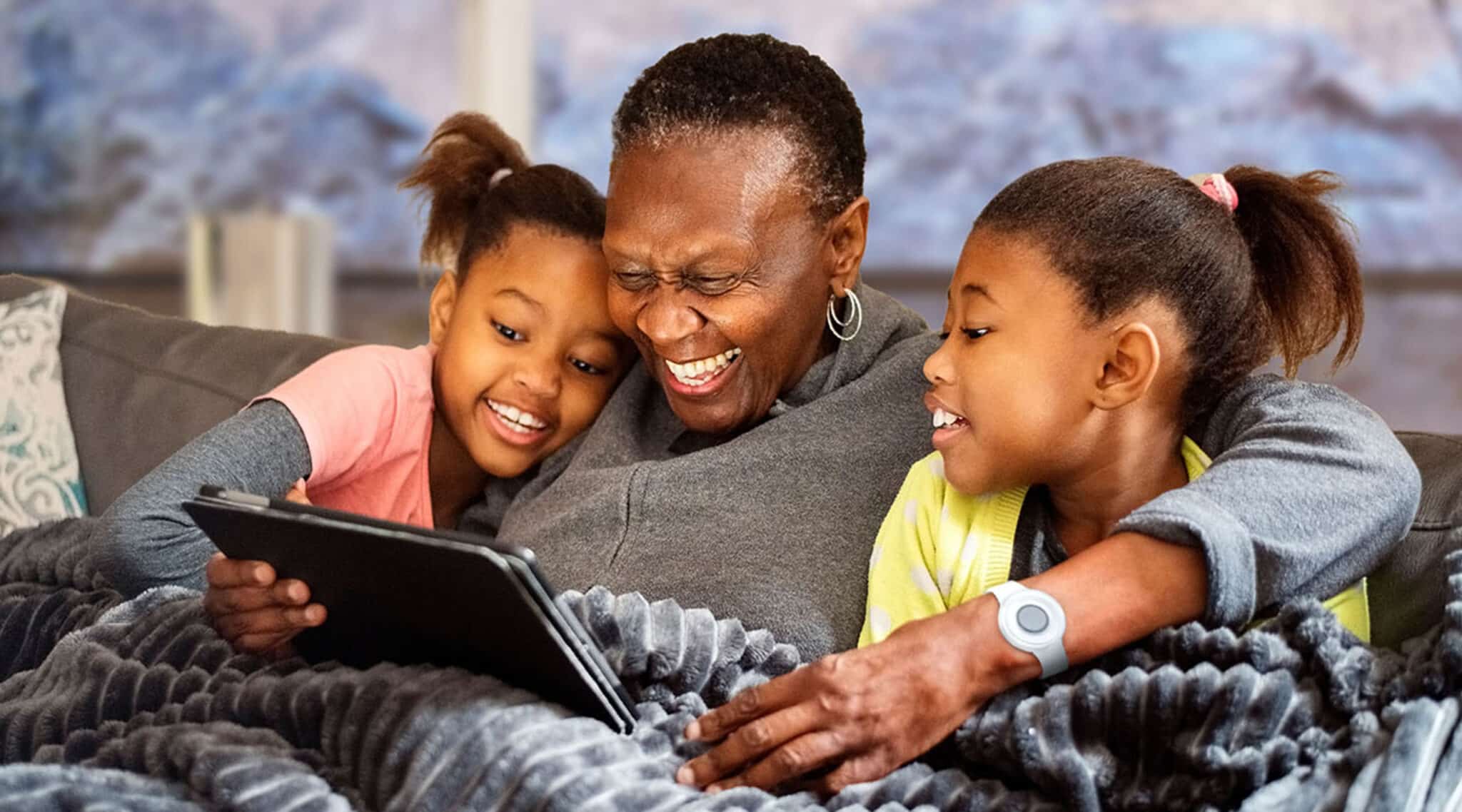Unfortunately, anxiety is all too common among seniors. Retirement and golden years are not all that they may seem. People start to worry about many things that may or may not even be within their control.
Money issues, health concerns, loneliness, and lack of support can all cause people to have anxiety and panic attacks. Anxiety in seniors can lead to more complications like falls, depression, and social isolation.
To the observer, these symptoms may seem unfounded, but to the person experiencing them, it is all too real. As a loved one or caregiver, there are ways you can help them find peace and relaxation.
Supporting Seniors with Anxiety
Helping someone ease their anxiety doesn’t require a lot of work. It works best if your loved one learns a few techniques and then makes them a habit. This gives them something to draw on when things get bad.
Relaxation Techniques
Stretching, yoga, and meditation are all very useful for easing tension and anxiety. Once learned, these techniques can be used anytime and anywhere. These methods will relax the body and the mind.
It also depends on concentrated breathing. This is the best way to almost instantly ease yourself into a more stable and relaxing frame of mind. It allows the mind to slow down and see things more clearly.
Better Sleep
It’s a bit of a Catch-22, but the ability to sleep more soundly and through the night can ease not only your anxiety through the day, but it allows for a more restful sleep.
Turn off all your screens at least an hour before going to bed. This will help clear your mind of worries and distractions. Take a warm bath before bed, try light stretching, and keep your room dark.
Diet and Exercise
Eating properly balanced meals can make a world of difference in your day-to-day mood. Fresh fruits and vegetables, lean proteins, and whole grains help keep your mind and body in balance.
Avoid overindulging with alcohol, caffeine, sugar, processed foods, and foods high in trans fats and sodium. Many of these can cause anxiety all on their own, and heighten anxious feelings that you may already be experiencing.
Exercise is also very important. Just going for a walk every day in a nice park or along the water can help ease your stress and anxiety. Take in deep breaths of fresh air and walk at a pace that gets your heart rate up, even just a little.
Swimming is another great exercise that doesn’t require a lot of exertion. It can be very relaxing and you will find you sleep better and it will help you maintain, if not lose extra weight.
Stay Social
Once the kids have moved out you may find yourself feeling lost. If your partner is also gone, isolation can be a dangerous thing. It can happen very quickly, so make sure you or your loved one keeps in touch.
Joining a class or group of people with similar interests is a great way to socialize and even learn something new. Pursue a hobby or learn a new one and make new friends in the process.
Talk to Someone
Seek out professional help if you are not coping on your own. You can always talk to a friend or family member, as well. Talking to a support group of other people who suffer from anxiety can make you feel like you are not alone.
The truth is, you are not alone. Many seniors are worried about too many things that can cause undue stress and anxiety. Even though it is not often prolonged, it is still uncomfortable and frightening.
If you are worried about a loved one or suffer from anxiety yourself, consider getting a medical alert system. This will give you and your loved ones the peace of mind that they are safe, just in case.
It’s important for us to acknowledge that anxiety is a common and natural concern among seniors. By embracing these strategies and reaching out for support, we can empower ourselves and our fellow seniors to uncover inner peace and enjoy more enriching retirements.




